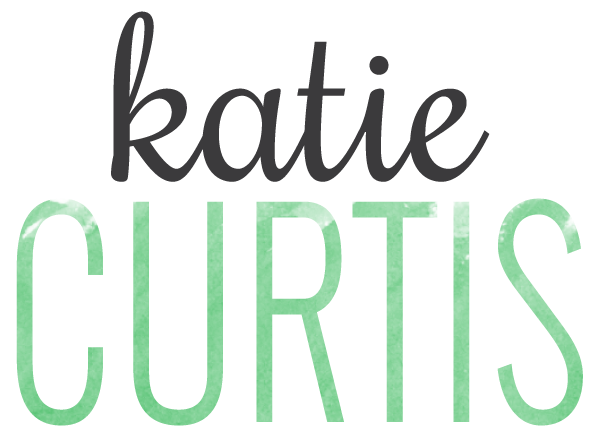Summer Musings & Girard on Mimetic Desire

This is the first hour of the summer I have had that hasn’t been allocated to something else and I am free to write and wow, has it been a while since I shared in this space.
This is largely due to having lots of kids but also because we’ve been traveling and visiting people which has been so lovely. Invariably when we have been catching up with people, they check in with me about my writing.
My novel is done, I say. But I have had zero time to submit it to agents. Such is the life of a mother writer.
I know the time will come soon when my kids are all tucked into their classrooms and I can make a cup of tea and throw on my sweater like Mr. Rogers, a habit that immediately makes my brain ready to write and my fingers clicking on the keyboard. I am squeezing out every last bit of fun with my people while the sunshine lasts.
But in the meantime, I have been voraciously reading and listening to books and podcasts – things that are way easier when you are sitting by the lake/pool/field/beach. I’ve been trying to take a step back, do the internal inventory that I think makes us all better writers. Reflecting on experiences and sifting them like a gold miner sifts the river bed, looking for something that sparkles. And I’ve been trying to listen to smart people too, like Augustine, Chesterton, and Lewis and other philosophers, whose insights are surprisingly timely and refreshing.
One idea that I have been thinking about a lot is from the work of Rene Girard about the process of mimetic desire. I learned of it on this YouTube interview with Bishop Barron and Luke Burgis. Girard was a philosopher whose life work was an analysis of human desire, and he posits the idea that all of our desire is mediated by others. We all imitate positive desires that others have and also the very negative desires like accusations, anger, blame. Even Eve when she ate the apple had the desire mediated – the desire for the fruit was given to her by the serpent.
Mimetic desire has reverberations in any field where there is human desire – theology (God seems to address mimetic desire in several of the commandments, and even spells out not coveting his neighbors wife AND his things in two separate commandments), philosophy (Aristotle’s opening line of the Nicomacean Ethics ‘we are social animals’ and his discussion of virtue, vice and telos as our end result reads like a primer of mimetic desire), and of course economics (hello markets & advertising). Human nature seems like it has this mimetic process embedded in the hard drive and you can see it everywhere you look. We can think of the mimetic process as both positive peer pressure and negative peer pressure at work. The saints make us desire what they desire. But the same is true for shallow desires like fame, thinness, vacations.
So how does this memetic process get subverted? It takes someone outside of it to see how it is operating. It is in a way the key to liberation.
It is clear that social media is like a fun house mirror of desires, and perpetuates this memetic desire in all of us who consume it. Girard holds that memetic desire spreads the fastest the more people are similar. Since the uniqueness of the individual is clearly muted on social media, memetic desire spreads faster in that space. Some of the effects are glaringly horrible, of course. Like users of Twitter and TikTok who desire to get attention at all costs, for example. But some of it can be good too. Groups sharing in prayer, GoFundMe’s and crowd sourcing, even supplying teachers’ classroom items and furnishing homes for refugees. Recently, as I’ve been thinking about this memetic process, I’ve started to follow people with good desires around health and wellness. I’ve found moms who are health coaches who deal with the same challenges I do of staying healthy on vacation and during busy seasons and share how they try to feel good all the time. Things like drinking more water and going to bed earlier, enjoying mocktails and getting up early to work out. And it’s working – I desire to climb into my sheets with a book instead of staying up late watching tv (ok, most nights at least). I desire to feel good with the food I am eating. I can see the memetic desires of healthy living impacting me.
But memetic desire has a darker side that Girard calls The Satanic Principle. He holds that community and culture are founded on the back of some victim. This scapegoating mechanism actually forms community. There is something in us that makes people believe if we just do a little targeted violence we can save ourselves. (This is just so happens to be one of the main critiques of our current political climate in another book I am reading called the Revolt of the Public, which has been a wonderful read.) History and headlines are full of examples of this, as is literature like the short story The Lottery or The Hunger Games.
Of course, Christ on the cross is the ultimate scapegoat. But by going into the disfunction of our tendency to scapegoat, he unmasks the part of us that drives scapegoating and mimetic desire, and stands outside the process. In turn, he liberates us and sets us free.
Like I said, once you see it you can’t unsee it.
And the implications if we intentionally direct our desires and stay aware of this process are so massive. As a parent, creating good desires for our family. As a writer, trying to communicate good ideas, and being inspired by others who do as well. As a worker, not being part of the endless cycle of vanity and ego. As a citizen, realizing the degree to which our desires can be manipulated and try to rise above the mimetic process towards violence and scapegoating.
Basically, delete Twitter and love our neighbor harder. The usual remedies.

Leave a Reply
Want to join the discussion?Feel free to contribute!